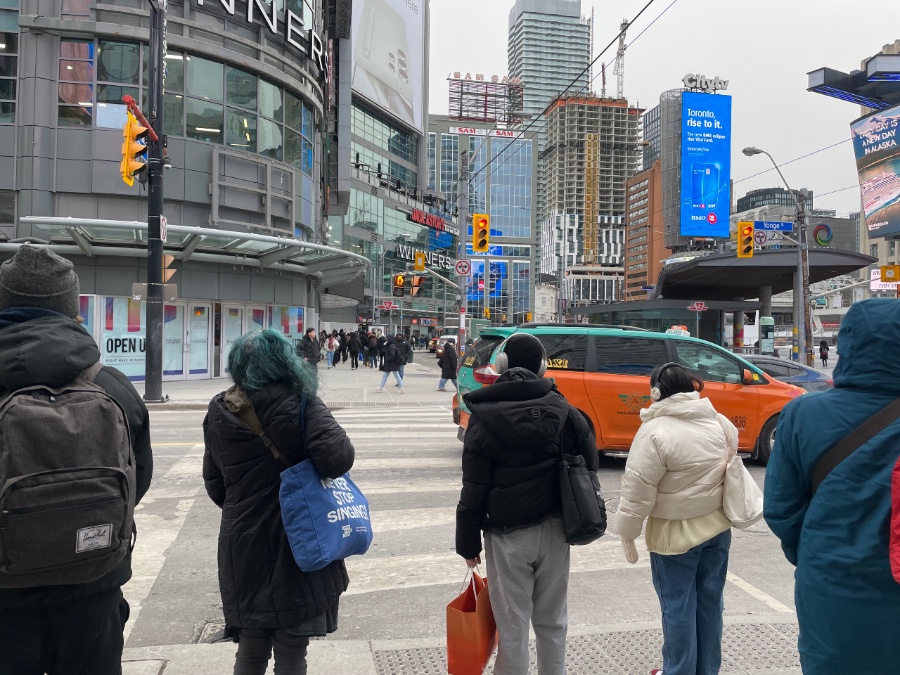
Blaming international students for Canada’s housing crisis risks creating an “us versus them” debate that stigmatizes people from abroad, says Toronto Metropolitan University (TMU) professor Nemoy Lewis, an expert on race-related issues in housing.
Immigration Minister Marc Miller announced Monday that the federal government would impose a cap on the number of international students allowed into the country. In a press release, the government said the two-year cap is necessary because international students are putting “pressure on housing, health care and other services.”
Lewis, an assistant professor of urban planning who has studied housing justice issues, said the government needs to be careful about linking international students to housing shortages to avoid “informing racial tropes and blaming immigrants for the reason why we are in this housing emergency.”
Professor Usha George, the academic director of TMU’s Centre for Immigration and Settlement, said that the real problem is that the necessary infrastructure to support housing in growing metropolises like Toronto does not exist. “Whether there are international students or not, we don’t have enough housing,” she said.
George also warned that international students are a vulnerable group. “There have been very many incidents of international students feeling extremely distressed about their situation, whether it is money, housing, friends or family,” she said.
Adriana Pérez Figuereo, a third-year photography student at TMU, said that being an international student has been very expensive and she has heard uncomfortable conversations pertaining to international students taking place around her.
“[Canadian students say] we had to pay taxes our whole lives and now you’re coming in,” she said. “It can get a little bit problematic.”
Pérez Figuereo says that if domestic students better understood what their international counterparts face, in terms of high costs and the challenges of moving to a new country, they might be more sympathetic.
Data from Statistics Canada showed that on average, university tuition for international students between 2022 and 2023 cost undergraduate students $36,123 and graduate students $27,149.
Fees for full-time undergraduate programs at TMU for 2023-2024 for international students range from $33,423 to $38,584, according to the university’s website
Brithi Sehra, a fourth-year student at TMU, said that the new cap on international students worries her for other reasons: “It feels like they can change the rules any day,” she said, noting that uncertainty about what rules might change in the future makes her anxious.
Polling by Nanos late last year found that 61 per cent of respondents wanted Canada to accept fewer immigrants in 2024, up from 53 per cent in September 2023.
Under the new international student cap announced by Miller, Canada will approve 360,000 permits this year, down 35 per cent from 2023.
Reporter On The Record winter 2024.
